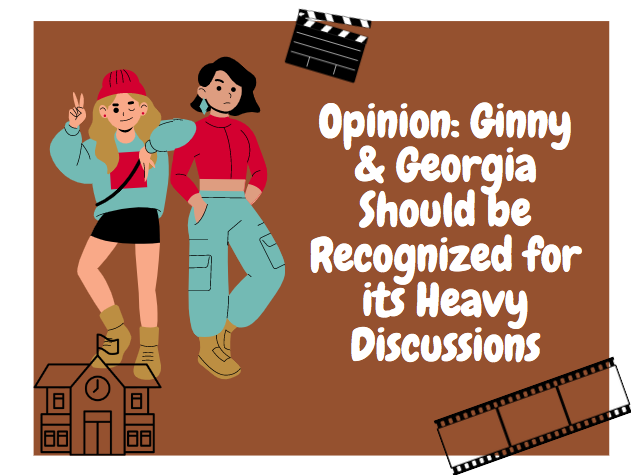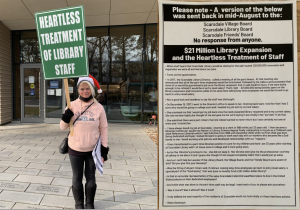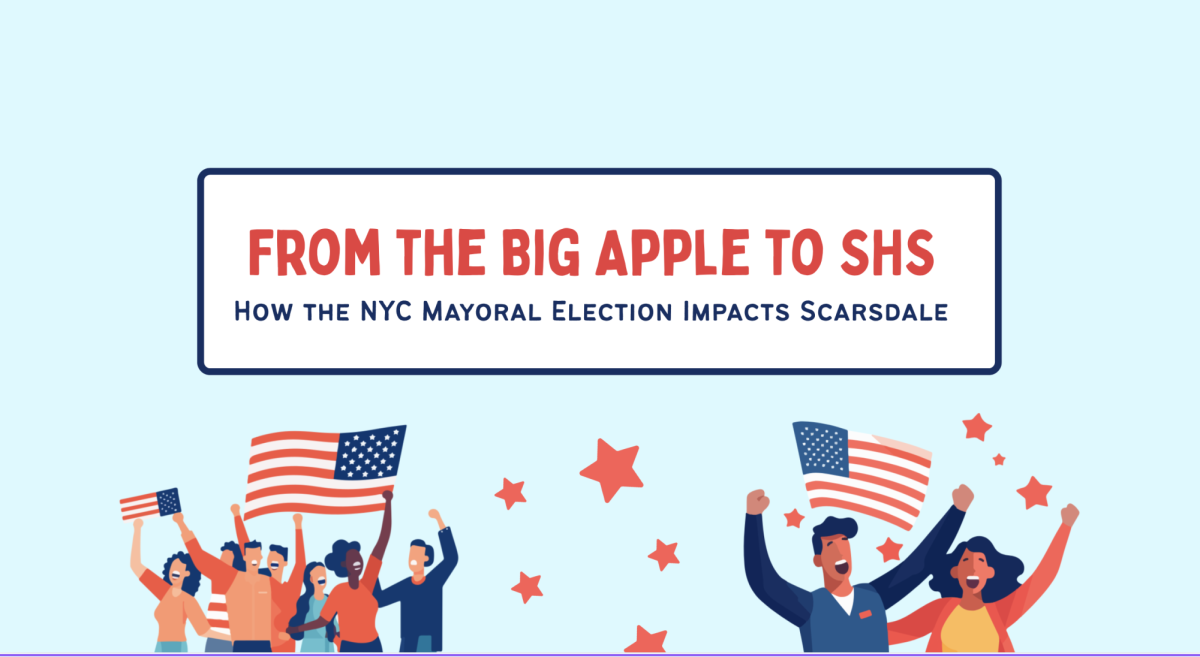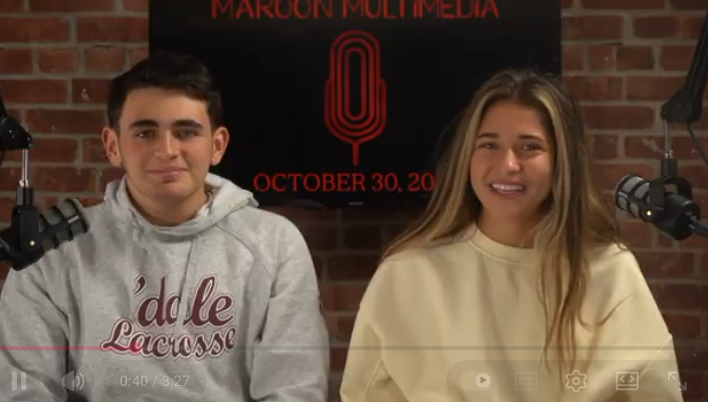Opinion: Ginny & Georgia Should be Recognized for its Heavy Discussions
Popular television series, Ginny & Georgia, covered many topics that often have a stigma around them.
January 25, 2023
***Spoiler alert***
On January 5, 2023, the popular television series, Ginny & Georgia, returned for its second season. The season’s ten episodes, along with the rest of the show, do not hesitate to cover a variety of heavy topics, such as self-harm, racism, and eating disorders. The season delves deeply into these issues, however, they are also shown throughout the first season.
The show is centered around fifteen-year-old Virginia (Ginny) Miller and her mother, Georgia Miller. Georgia grew up in an unstable household and ran away at a young age. Georgia raised Ginny as a teenager and was involved in several criminal activities that Ginny discovers as the show goes along. She experiences anxiety and self-harm due to Georgia constantly moving her and her half-brother around the country as she tries to escape the demons of her past. The Millers settle down in a town called Wellsbury, and Ginny begins to experience a more stable teenage life where she is in the town long enough to go to school and make friends.
Ginny opens up about how she often feels out of place, as she is biracial in a predominately white town. For instance, during an episode in season one, she complains that her boyfriend is “closer to white than [she] will ever be.” In season two, the show covers much of her relationship with her AP English teacher who singles her out for being the only black student in his class. Ginny goes through most of the season without complaining to her teacher or principal, though her parents instruct her to. I believe that this show is special in that it shows a realistic interpretation of the impact of racism in an environment where one would feel compelled to stay silent. Teenagers who watch the show and can relate to these issues can feel seen. Unfortunately, Ginny drops the class towards the end of season two, however, the fact that the show covered this issue is especially meaningful and empowering for those who are afraid to speak up for themselves.
In addition to racism, the show denotes the mental health struggles that teenagers often face behind the scenes. For instance, Ginny experiences self-harm, and her best friend, Abby, has an eating disorder. The season consists of several episodes where Ginny is in therapy, as well as her mental health journey as she spends more time in treatment. Both Ginny and Abby’s closest friends and parents are not aware of their mental health battles, which is reasonable because teenagers often keep their struggles to themselves. I believe that there should be more TV shows and movies that depict heavy topics so that people feel less alone.


























